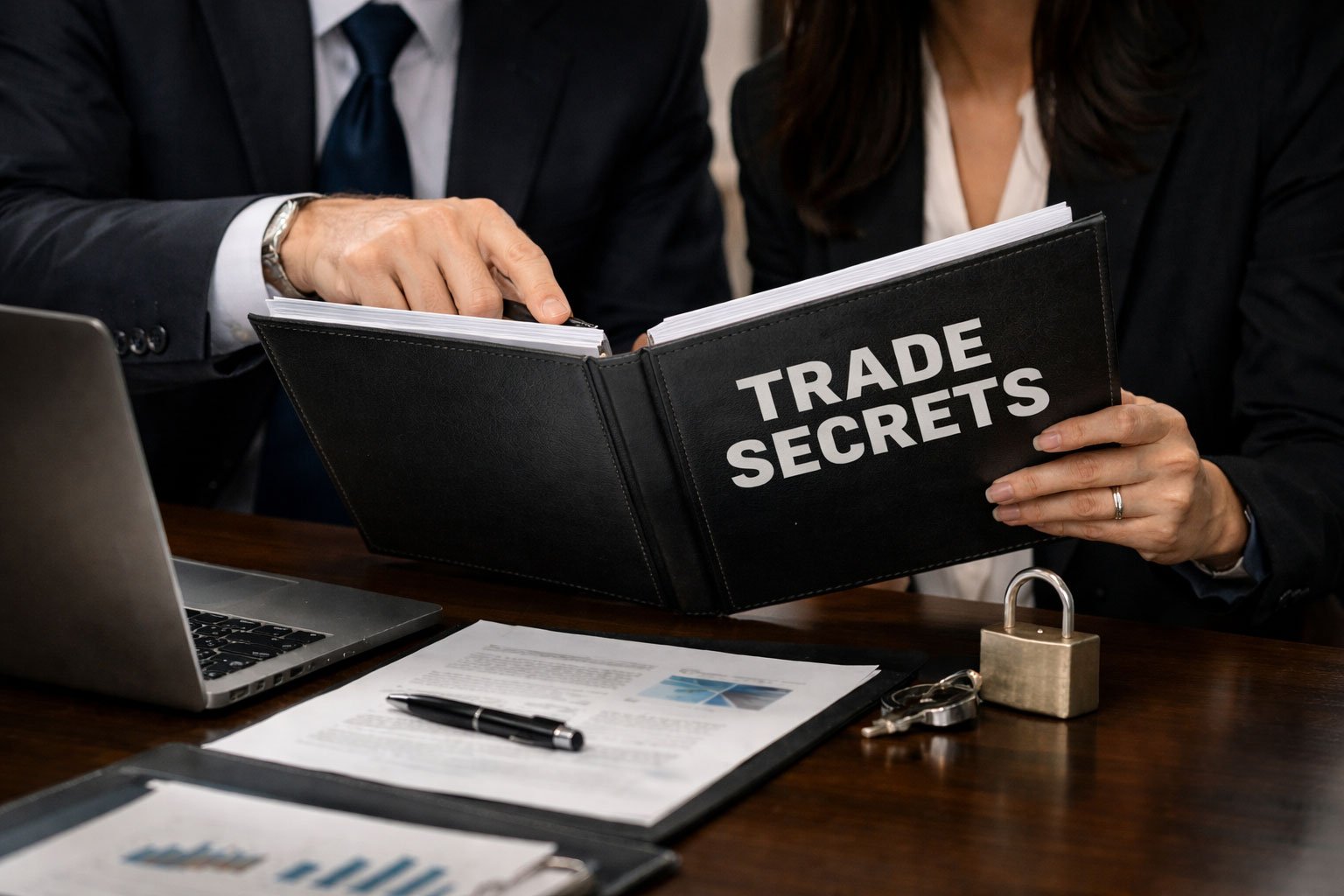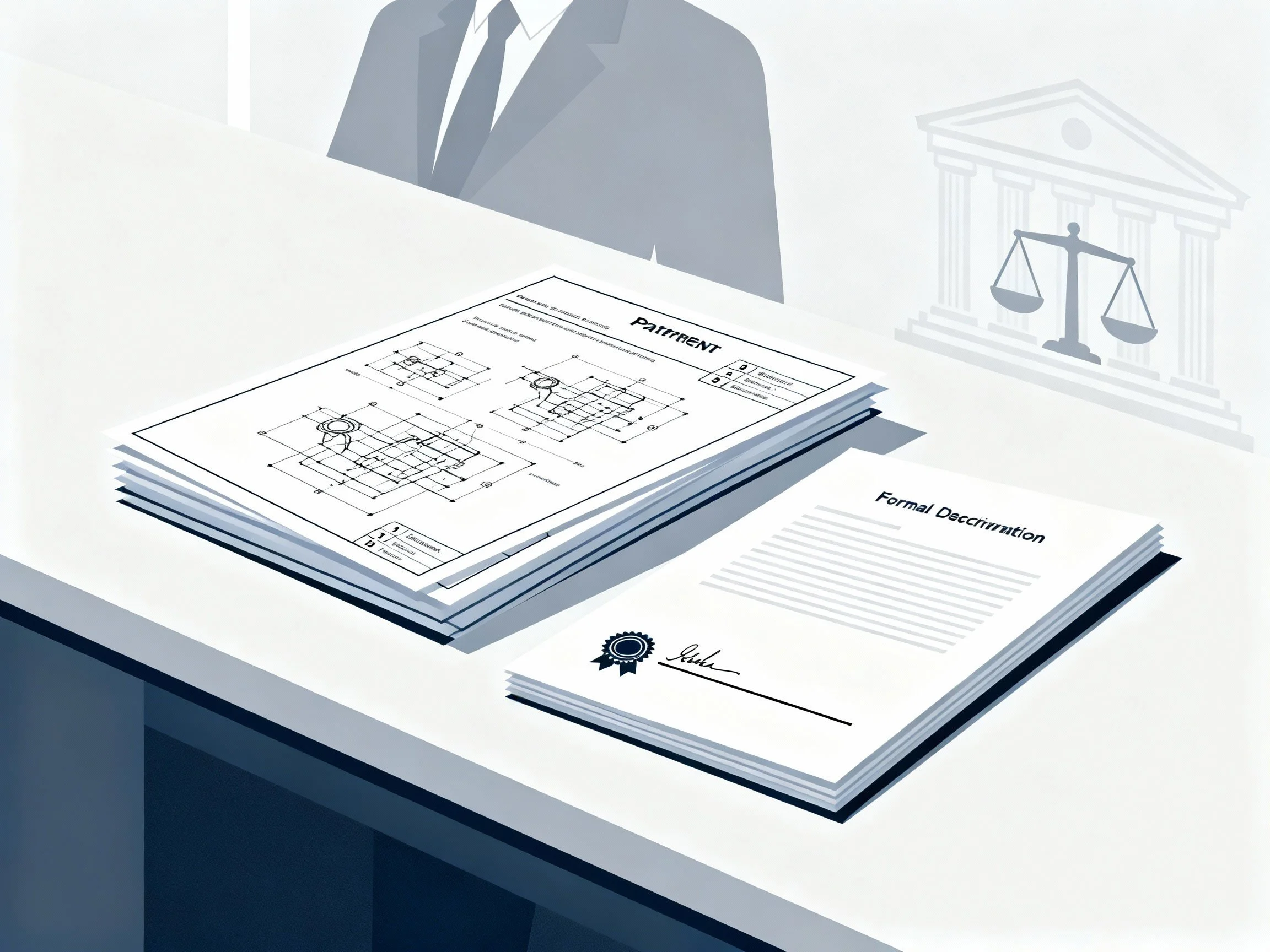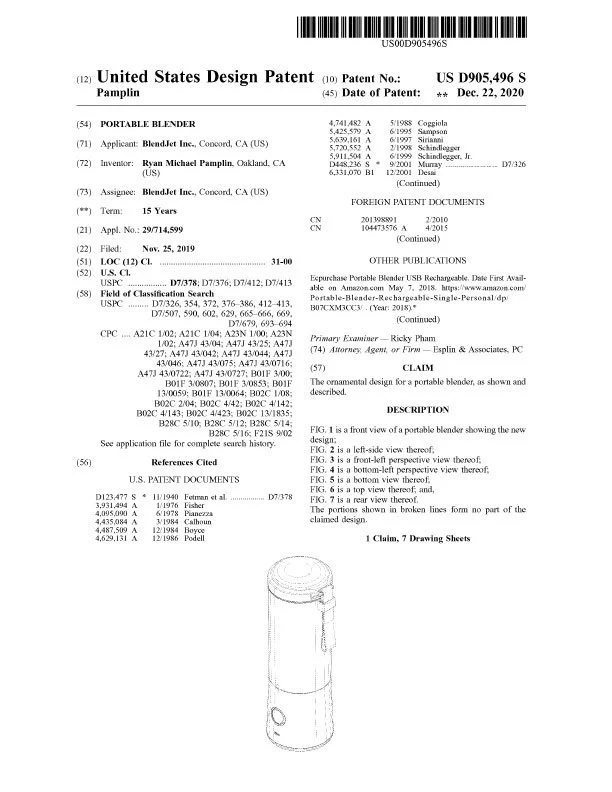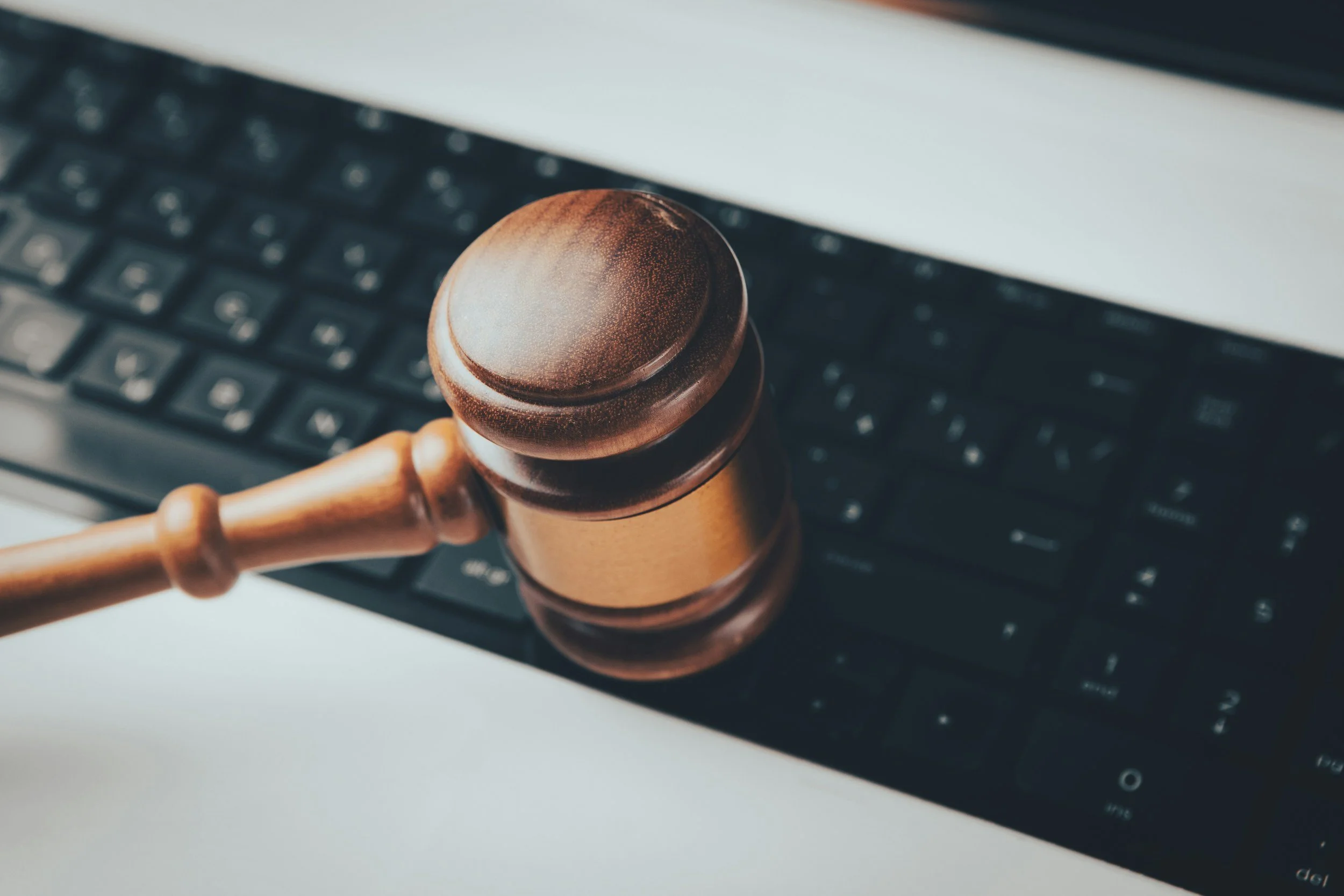
NEWS & UPDATES


A New Partnership Focused on Trade Secret Litigation Financing
Congratulations to Tangibly and SIM IP on their new partnership! This piece takes a look at what this could mean for companies that generate intellectual property and take protecting it seriously.

The Risk of AI-Assisted Invention And Your Company’s AI Policy
What facts regarding AI usage will determine whether the patents your company gets for AI-assisted invention can be enforced? The truth is: nobody knows yet. And your AI policy should reflect that.

Beyond the Transformer: After the LLM, Then What?
Transformer-based LLMs dominate contemporary AI, yet their architecture embeds profound inefficiency.

Defining the "Something More": How In re Desjardins and the "SMED" Memo Reshape AI Eligibility
For over a decade, the patent eligibility of software and artificial intelligence has been haunted by the vague requirement of Alice Corp.: to demonstrate that a claim contains "something more" than an abstract idea. On December 4, 2025, USPTO Director John A. Squires provided the definitive answer to what that "something more" actually looks like, codifying the recent decision in In re Desjardins as the binding framework for the future of AI prosecution.

Revised Inventorship Guidance for AI-Assisted Inventions: A New Direction from the USPTO
The United States Patent and Trademark Office (USPTO) published its Revised Inventorship Guidance for AI-Assisted Inventions on November 28, 2025, immediately rescinding in its entirety the guidance issued under the previous administration, and creating uncertainty concerning the patentability of at least some AI-assisted inventions.

Modular Prompting: Building Reliable AI Workflows for Legal Practice
The question practitioners face is not whether to adopt AI, but how to adopt it in ways that acknowledge its fundamental limitations while capturing genuine value—and the answer lies in modular prompting, a framework for building reliable, repeatable workflows that constrain AI’s outputs and improve consistency across time.

2026 Patent Fee Schedule: New Service for AI-Assisted Applications
We have updated our Patent Fee Schedule for 2026 with a new offering for early-stage companies: professional preparation assistance and filing of a US Provisional Patent Application for inventors who would like to generate their own application draft using a generative-AI tool like Idea Clerk.

AI and Energy Consumption
Construction scaffolding represents an expensive paradox: temporary metal frameworks that consume materials and labor, only to be dismantled once the permanent building stands complete. Today's large language models present a strikingly similar contradiction—computationally profligate systems whose greatest value may lie in designing their own elegant replacements.

A Measured Approach to Generative AI Tools For Intellectual Property Protection and Management
While there is no doubt that generative AI will change the manner in which almost all aspects of the law are practiced, reports of the death of jobs in the patent industry due to AI tools are greatly exaggerated.

The Patent Eligibility Requirement of 35 U.S.C. Section 101: A Series (Fifth Post)
FIFTH POST:T he conclusion of this Series on the dual approach to the Alice/Mayo Test, and its impacts and implications on the US patent system and intellectual property owners.

The Patent Eligibility Requirement of 35 U.S.C. Section 101: A Series (Fourth Post)
FOURTH POST: I had intended to take a break from this Series, but recent events require attention, as the disastrous dual approach the Alice/Mayo Test continues to wreak havoc on US patent rights.

2nd Annual Intern Alumni Event
Last week we had the privilege of hosting a memorable event

The Patent Eligibility Requirement of 35 U.S.C. Section 101: A Series (Third Post)
THIRD POST: The Divergent Competencies Problem – A discussion of how the current dual approach to the Alice/Mayo test has a structural flaw that is wreaking havoc on U.S. Patent Rights.

Is It Worth Filing For Design Patent Protection? What Inventors Should Know
If you have ever come up with a product or design and thought, “Someone must have already invented this,” or “It’s probably too expensive to protect,”—you’re not alone.

The Patent Eligibility Requirement of 35 U.S.C. Section 101: A Series (Second Post)
Part 2 in a series on how the United States dual (or dueling?) approach to the Supreme Court’s Alice/Mayo test for subject matter eligibility under Section 101 has a fundamental structural flaw that at least partially explains why this judicially-created doctrine in patent law has been so catastrophic.

The Patent Eligibility Requirement of 35 U.S.C. Section 101: A Series (First Post)
This is a short explanation of how the United States dual (or dueling) approach to the Supreme Court’s Alice/Mayo test for subject matter eligibility under Section 101 has a fundamental structural flaw that at least partially explains why this judicially-created doctrine in patent law has been so catastrophic.

Protecting the Data Advantage: Why Trade Secrets Programs Are Essential for Data-Driven Technology Companies
Data-driven technology companies face a critical risk shift as they mature—from proving market value to protecting their innovations from competitors—making trade secrets programs essential for safeguarding the proprietary data sources, AI methodologies, and analytical processes that drive their competitive advantage in the $14.4 billion data monetization market.

What is a Legal “Practice”?
Advice for new lawyers and those embarking on a legal career on how to conceptualize and plan for progress with the business they are building.

Navigating Intellectual Property Protection in the Evolving AI Landscape
The complex and fast-moving nature of AI development creates challenges for IP protection, particularly if legal advisors lack a solid understanding of the underlying technology.

No New Taxes: Why the Department of Commerce’s new fee proposal for patent holders would be a big mistake.
A newly-proposed value-based patent fee could stifle innovation and drive inventors away from the U.S. system.
